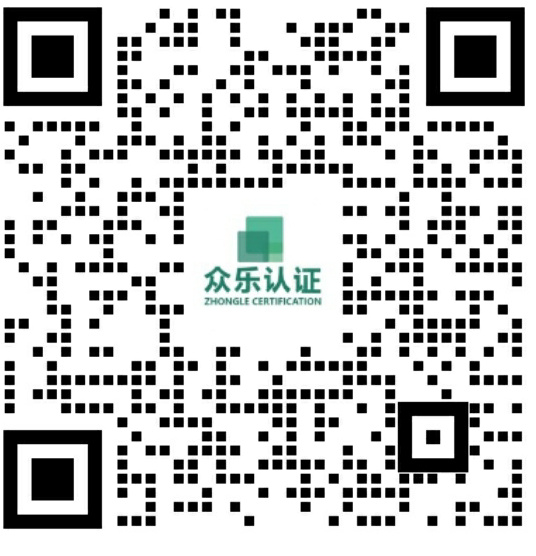The ICCOA digital key standard evolved from DK 1.0 to DK 2.0, and now the leading ICCOA digital key, DK3.0, is available. Digital keys complete rapid iteration in practice, so that new scenarios and new requirements can be quickly incorporated into the standard, which also makes ICCOA car keys can meet the needs of very, very many car companies. ICCOA DK3.0 is fully compatible with ICCOA DK2.0, which is a more comprehensive car key standard that also takes into account efficiency and safety, and has an excellent user experience.

1. Overview of ICCOA Digital Key DK3.0
ICCOA digital car key DK3.0 (UWB) is a new generation of digital car key standard launched by the Intelligent Vehicle Connectivity Open Alliance (ICCOA). It has undergone important updates and upgrades based on DK2.0, especially in supporting ultra-wideband (UWB) technically.
2. Functions of ICCOA DK3.0
1) Shared key in non-CA mode

In DK2.0, when a car owner's key is used to issue a friend's key, an intermediate sharing certificate needs to be issued, and the car server needs to process and manage the intermediate sharing certificate, which places higher demands on the car server. By sharing keys in non-CA mode, the car company's server no longer needs to process intermediate shared certificates, nor does it need to manage the car owner's key to issue certificates. Moreover, the car-side applet does not need to process intermediate shared certificates, and the security level is not reduced, which further expands the adaptation According to the scope of car companies, car companies can choose different solutions according to their own circumstances.
2) Remote control car

Digital Key DK3.0 standardizes the interface between servers and car control operations. When the mobile phone and the car are not connected through Bluetooth, users can directly control the vehicle on the mobile wallet or negative screen. Among all digital car key standards, ICCOA is the first to support remote control of the car. It is very convenient and does not need to activate the APP; it is more secure based on mobile phone security hardware; the remote control car has higher compatibility and reliability, and conflicts between car applications and systems, car or system updates will not occur It affects the car control function; the economy is also very significant, and car companies can save the cost and energy of developing and maintaining APPs.
3) Support for UWB

The security and accuracy of UWB need not go into details. It has very good anti-relay capabilities and can solve many problems with Bluetooth keys. UWB car keys are very helpful for us to go overseas, especially under EU standards, the use of Bluetooth sensorless car keys will be restricted in some countries, or they will be troubled by rising insurance costs. But UWB does not have such problems. It complies with the world's most stringent car key security standards.
3.DK3.0 leadership

Leading ICCOA DK3.0, fully compatible with ICCOA DK2.0, deploying DK2.0, can efficiently develop DK3.0; it meets a wider range of needs, and all modifications come from the direct participation of developers; DK3.0 provides a non-CA mode shared key, further Reduces costs and risks; DK3.0 supports standard solutions for remote control of cars, greatly improving convenience; DK3.0 supports UWB to meet the most stringent car key security standards.
The standardization of domestic digital car keys is also developing rapidly in different fields. The national standard "Technical Specifications for Automotive Digital Key Systems" has been officially approved and will include requirements for remote control and non-sensory unlocking distance, which corresponds to the new functions of ICCOA DK3.0. Technologies that meet the requirements for non-inductive unlocking distance accuracy include UWB and Bluetooth Channel Sounding. DK3.0 has completed the standardization of UWB, and ICCOA will standardize Bluetooth Channel Sounding in 2025.
Tel:13417442373 (Skype)
E-mail:finny.zhou@zhongletest.com




